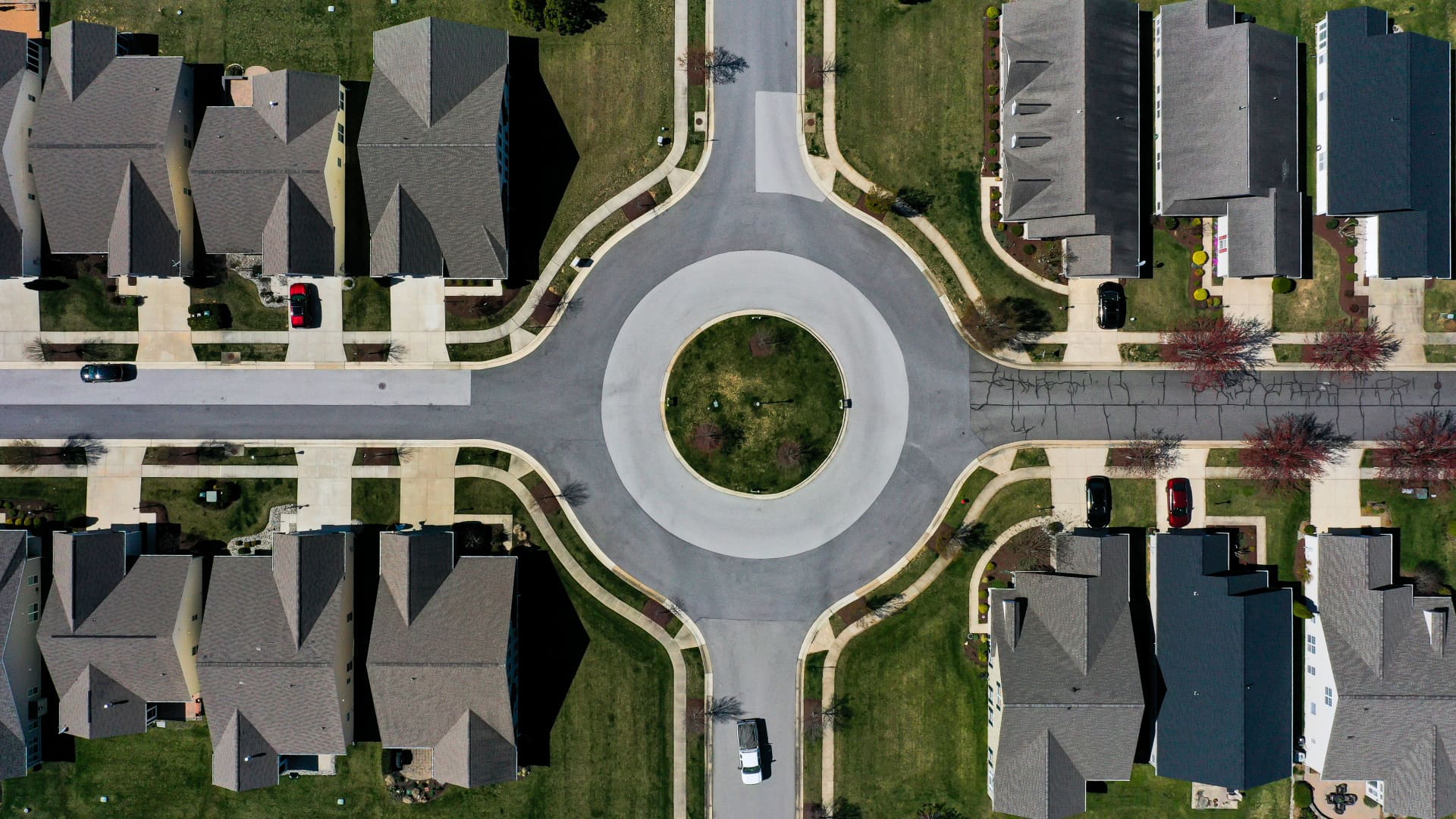In his address on India’s 75th Independence Day, Prime Minister (PM) Narendra Modi said: “The goal of Amrit Kaal is to ascend to new heights of prosperity for India and the citizens of India.” Recently, I was invited to speak at the All India Federation for Social Justice, where democratic leaders from different parties and states gathered to deliberate on the issue. While we shared thoughts, I wondered why we couldn’t discuss this critical issue in Parliament. The reason is best known to the members of the treasury benches, who, it seems, have decided to stall any discussion in Parliament.

While appreciable, the PM’s vision for Amrit Kaal is not holistic. His vision, unfortunately, falls short of the sincerity and genuine commitment to emancipation and empowerment that the framers of the Constitution expected from leaders of independent India. The Constitution proclaims to secure social and economic justice, equality of status and opportunity, and assure the dignity of the individual. Today, we must reflect on the progress made in the past before taking a rhetoric-fuelled leap of faith into an uncertain-unequal future for millions of Indians.
Since its Independence, India has emerged as a significant economic and scientific power, a matter of pride. Yet, when we celebrate reaching Mars, we must also hang our heads in shame over manual scavengers dying in sewers. The idea of “ascending to new heights of prosperity”, without addressing the legacy issue of social injustice, won’t serve any purpose beyond a cleverly crafted image makeover PR campaign lacking substance.
Our history of struggle for social justice dates to over a century, with great social reformers leading the path for incremental change. But the greatest change was brought under the leadership of BR Ambedkar when the Constitution of the newly independent India abolished untouchability and ushered in a new era of constitutionalism that guaranteed equality, dignity and social justice.
As we celebrate the centenary of the historic Vaikom Satyagraha for temple entry, it is natural to assume that we have moved on from the discriminatory caste system. Yet, as an MP, I am distraught whenever I come across news about caste-based discrimination. A few years ago, some reports said that the then-president of India, Ram Nath Kovind and his wife were ill-treated in a temple allegedly because of caste. A Dalit MP was denied entry into a village in his constituency in Karnataka. In Rajasthan, a young Dalit child was killed by his upper-caste teacher for drinking water meant for upper-caste children. In Uttar Pradesh, a paramilitary soldier had to seek police protection against upper-caste atrocities and wear a protective helmet on his wedding day.
It is not that the people who forced Dr Payal Tadvi in Maharashtra and Rohith Vemula in Hyderabad to commit suicide did not read the Preamble of the Constitution, which proclaims, we the people of India, by adopting the Constitution of India, ensure for all our citizens social, economic, and political justice. So, then who are these people who discriminate? Do they not believe in the Constitution, or do they don’t include themselves in “we the people of India” written in the Constitution? If so, nothing can be more unfortunate and worrying for the country.
Before we make lofty claims about Amrit Kaal, we must remedy the deep fractures in our society. There should be no place for caste-based discrimination in a modern constitutional Republic with a civilisational history of over 1,000 years. Instead, we need to instil a sense of social justice in every citizen and ask them to follow the path shown by BR Ambedkar, RM Lohia and Periyar. Ambedkar and Lohia were contemporaries, and both opposed casteism and fought for social justice. While there were ideological differences between the two, both believed that the caste system was a symbol of backward mentality, due to which the country’s progress is not possible.
Yet, it is our misfortune to be governed by a regime that has worked against ensuring social justice for historically marginalised communities. Today, when leaders associated with the Sangh parivar speak on caste, they often support the prevalence of the caste system and fail to acknowledge rooted inequalities and the need for continued multifold affirmative action. Ambedkar had deconstructed such justifications for the caste system, and his visionary leadership advocated for social democracy. He advocated for the annihilation of caste and dismantled various notions, ranging from caste-based economic efficiency to concepts of purity and pollution.
On the contrary, the Hindutva nationalist project of the government is fuelled by inducing caste-based social and political sentiments alongside religious propaganda, which repeatedly weakens our fight for social justice and encourages a culture of apathy. Attempts to change the Scheduled Caste/Scheduled Tribe Act or demands to end reservation are dangerous ideas we must fight against. Further, a lack of interest in conducting the caste census is an attempt to hide from the reality of Dalit, Bahujan and Adivasi communities for whom the path to social justice is incomplete. This is because the caste census would act against the BJP’s Hindutva narrative, highlighting the need to strengthen structural support and deliver on our aspirations of a socially just society for millions of Indians.
India must leave behind the caste system and reaffirm faith in the Constitution. We must strive towards equal opportunity for all so that one’s destiny is determined not by birth but by one’s choice. Justice also has a meaning of fairness, and in this sense, the distribution of resources should not be affected by any morally arbitrary and one-sided reasons.
Gandhi said, “Casteism is harmful for the development of both the soul and the nation”. So, now is the time to move towards a new future for a socially just India that treats all citizens equally and with dignity.
Sanjay Singh is AAP Rajya Sabha MP
The views expressed are personal















